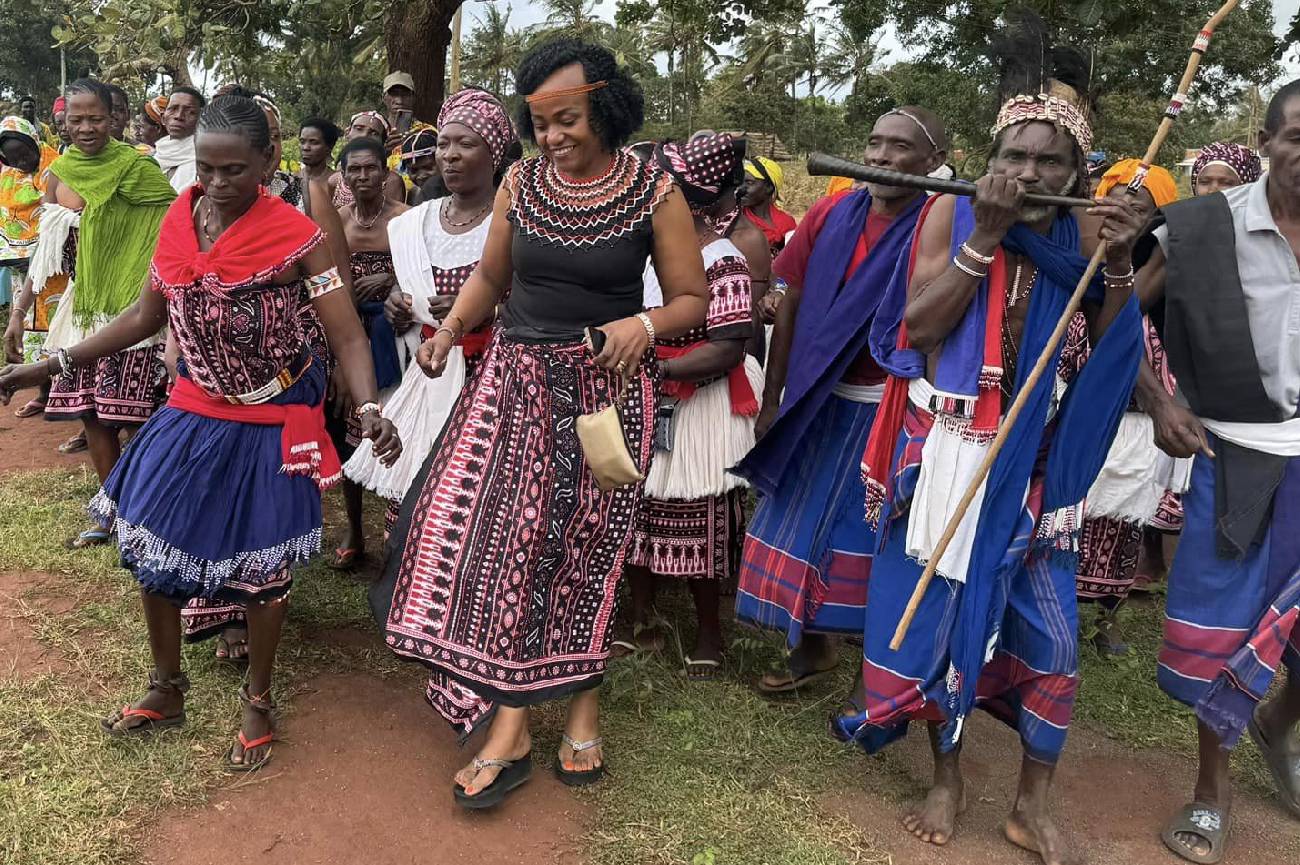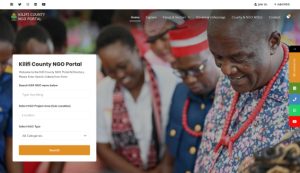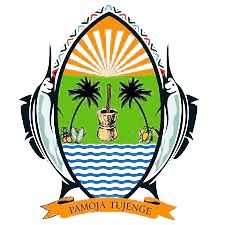Karibu Kwenye Idara ya Jinsia

The Kilifi County Gender Department is dedicated to promoting gender equality and empowerment for all residents. Our mission is to create an inclusive environment where every individual, regardless of gender, has the opportunity to thrive. With a population of 783,992 males and 793,343 females, we are committed to addressing the unique challenges and opportunities that affect both men and women in our community. Through dedicated efforts and strategic initiatives, we have made significant strides in advancing gender equality and empowerment in Kilifi County.
The inhabitants of Kilifi County belong to the Mijikenda peoples, which are composed of nine related Bantu tribes (The Mijikenda), with Giriama being the dominant ones, and other communities like the Swahili, Bajuni, Indians, and Arabs
Kilifi county has a Christian majority, with 68% of the residents professing Christianity. 18% of residents are Muslims and 10% are atheist.
- County Vision And Mission
- Gender Roles and Norms
- Cultural Practices and Gender Equity
- Support for Vulnerable Groups
VISION
To Provide Social Services, Manage gender and culture, Empower Youth, Promote sports and Ensure gambling is conducted honestly and competitely for socio-economic development.
MISSION
To be A Positively Transformed society
CORE VALUES
- Honesty, Integrity and prudent use of pub lic resources Team work and appreciation for diversity Environmental Sustainability
- Good Governance, Transparency and accountability
- Equity, inclusive people-driven leadership
- Use of ICT and Innovation
- Hardworking
- Harmonious & Peaceful coexistence
In Kilifi County, the Gender Department recognizes the significant impact that gender roles and norms have on the lives of its residents, shaping both individual opportunities and societal expectations. These roles and norms, deeply rooted in the cultural fabric of the community, often dictate the responsibilities, behaviors, and opportunities available to men and women. Traditionally, women in Kilifi County have been expected to fulfill domestic roles, such as caregiving, household management, and subsistence farming, while men have typically been seen as the primary breadwinners and decision-makers.
The Gender Department is actively working to challenge and transform these traditional gender roles to promote greater gender equality and empowerment. This involves sensitizing the community on the importance of shared responsibilities within households, encouraging the participation of women in leadership and decision-making processes, and advocating for the economic empowerment of women through access to education, vocational training, and financial resources.
Moreover, the department is committed to addressing the barriers that prevent women and girls from fully participating in social, economic, and political life. By promoting gender-sensitive policies and programs, the department aims to dismantle harmful stereotypes and practices that perpetuate inequality. Initiatives such as capacity-building workshops, awareness campaigns, and community dialogues are being implemented to foster a more equitable society where both men and women can thrive, free from the limitations imposed by
In Kilifi County, cultural practices play a significant role in shaping gender equity, often influencing the distribution of power, resources, and opportunities between men and women. The Kilifi County Gender Department acknowledges that while some cultural traditions foster community cohesion and identity, others can perpetuate gender disparities and hinder the progress toward gender equity. For example, practices such as early marriage, female genital mutilation (FGM), and dowry payment have historically marginalized women and girls, limiting their access to education, economic opportunities, and decision-making roles within the community.
To address these challenges, the Kilifi County Gender Department actively works to promote gender equity by engaging with community leaders, elders, and cultural influencers to encourage the adoption of practices that respect and empower both men and women. Through awareness campaigns, educational programs, and policy advocacy, the department aims to shift harmful cultural norms and practices towards more inclusive and equitable alternatives. The department also supports initiatives that preserve positive cultural traditions while promoting the rights and well-being of all community members, regardless of gender. By balancing respect for cultural heritage with the need for gender equity, Kilifi County is working towards creating a society where everyone can thrive.
The Kilifi County Gender Department is deeply committed to supporting vulnerable groups, including women, children, the elderly, and people with disabilities (PWDs). Recognizing that these groups often face unique challenges, such as poverty, discrimination, and limited access to essential services, the department has prioritized initiatives aimed at enhancing their welfare and ensuring their rights are protected.
One of the department’s key strategies is the implementation of social protection programs designed to provide financial assistance, healthcare services, and educational opportunities to those most in need. For instance, the department has worked to improve access to affordable financial services for women through initiatives like the Wezesha Fund, which empowers women economically by providing them with the resources to start or grow their businesses. Additionally, the department collaborates with various stakeholders to run awareness campaigns and educational programs that address issues like gender-based violence (GBV) and child protection, ensuring that vulnerable groups are not only protected but also empowered to advocate for their rights.
Moreover, the Kilifi County Gender Department partners with community organizations and civil society groups to ensure that the voices of vulnerable populations are heard in the policymaking process. This participatory approach helps to create policies and programs that are responsive to the specific needs of these groups, fostering an inclusive environment where everyone, regardless of their vulnerabilities, can contribute to and benefit from the county’s development. Through these efforts, Kilifi County is making significant strides in building a more equitable and just society for all its residents.








